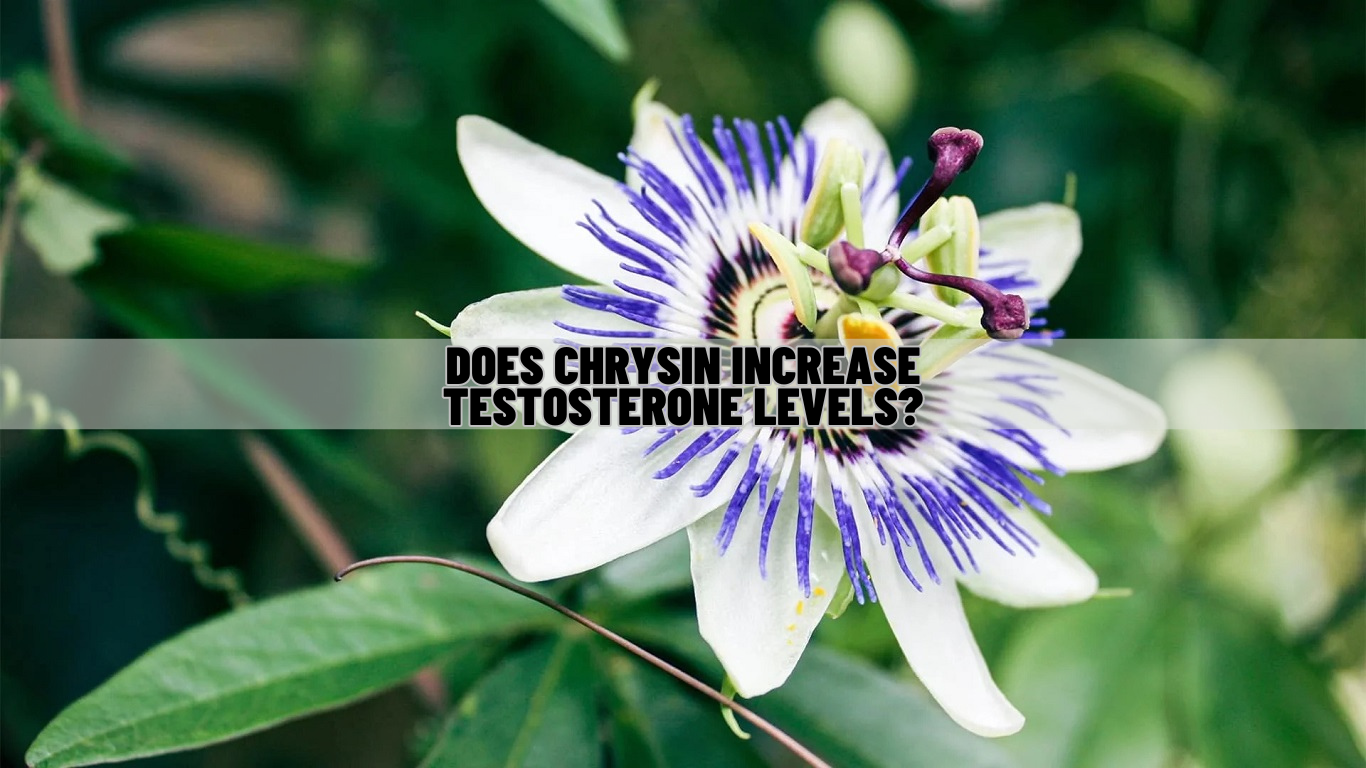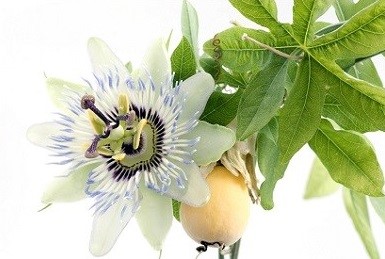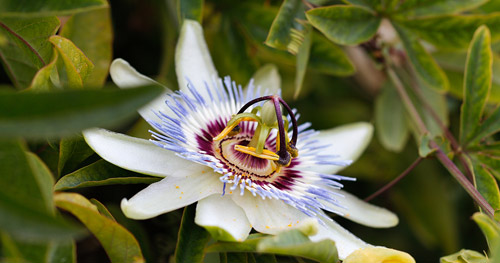Does Chrysin Increase Testosterone Levels? Know Science!

With so many testosterone supplements available in the market, most people have started taking a look at the individual benefits of each constituent to have a better understanding of the suitability of the formula. While some ingredients support testosterone production and enhance male vitality, others do not.
Chrysin, a natural flavonoid present in honey and propolis (a compound made out of bee pollen), is claimed to have some testosterone-related benefits. While none of the top testosterone boosters that we have reviewed so far have included it in their formula, a few supplements have it in them, claiming to be beneficial. So, to what extent does this compound uphold its assertions?
We took a closer look at Chrysin and explored the scientific angles to its alleging effectiveness on testosterone health. Here’s what we found.
What Exactly Is Chrysin? Where Does It Come From?

Quite an unpopular compound in the testosterone-boosting game, Chrysin is present in propolis – a gluey substance produced by honey bees using extracts from buds of poplar and cone-bearing trees. It is thus found in beehives or other byproducts of beehives, including honey. Aside from that, this naturally occurring chemical is also present in plants like passionflower, certain geranium species, and silver linden and is partially responsible for giving them their colour.
Chrysin is a plant flavonoid, and given that flavonoids contain many bioactive compounds contributing to various health gains, they are also considered to have beneficial effects on the body. In recent years, Chrysin has attracted attention for its purported ability to improve testosterone and inhibit estrogen synthesis, thus supporting fitness efforts.
After being extracted and processed, Chrysin is used in various foods, supplements, and topical testosterone gels.
Does Chrysin And Testosterone – Is There A Connection?

Some wellness supplements have been propagating Chrysin as a testosterone-enhancing ingredient. After a thorough investigation of this subject, We found that most of the studies showing a positive association between chrysin and testosterone (its ability to increase testosterone production) are in vitro.
Aside from that, only a handful of in-vivo studies – two animal and one human intervention were found to indicate a positive effect of this compound on testosterone levels.
Let’s take a look at the human study first. Published in 2020, this research was conducted to evaluate the inhibitory effects of chrysin on aromatase- the conversion of testosterone to estrogen. The findings suggested that chrysin can reduce the activities of enzyme aromatase which can prevent testosterone from converting to estrogen thus preserving its levels.
Similarly, another experiment on rats found that chrysin at 50mg/kg dose demonstrated protective effects on testicular cells thus reducing oxidative stress and inflammation. This then proved beneficial for testicular dysfunction. We also came across a study showing the positive effects of chrysin on the reproductive organs in rats. Chrysin supplementation showed a surprising increase in sperm motility, sperm count, and a significant rise in serum testosterone levels.
On the contrary, a recently published animal study showed that chrysin administration did not affect aromatase, however, it was shown to increase luteinizing hormone which is important for testosterone synthesis.
A team of researchers studying whether a 21-day oral supplementation of chrysin through honey and propolis would change the effects of urinary testosterone found no effects on testosterone levels in men.
What Do All These Mean?
It might be a bit confusing here given that the in vitro results on chrysin’s influence are positive, while the in-vivo has mixed outcomes, with most showing no changes in testosterone levels. Well, several factors come into the picture when an experiment is conducted in a laboratory set-up (where each element is separated for the study) compared to the several changes a compound undergoes when exposed to the body in reality.
Also, aromatase can be dependent on numerous biochemical processes, so chrysin alone isn’t going to do much.
Despite the noted effect of chrysin, though, it remains inconclusive whether its supplementation effectively increases its production and levels. This also comes down to its bioavailability. As mentioned earlier, the compound has significantly low bioavailability, so much that around 99% of chrysin may not be absorbed. So you can imagine how much the body utilizes it- too less.
Furthermore, when it undergoes chemical modification in the liver, chrysin readily couples with other elements, transforming into different forms that may lack the same biological effectiveness as its original form. This is exactly why, even though chrysin has shown its potential in reducing the conversion of testosterone to estrogen unless it is absorbed and used by the body in sufficient quantities, it will not have any significant influence on testosterone levels.
Conclusion
The bottom line is while chrysin has demonstrated some potential to reduce the impact of aromatase, its absorption in the body is extremely less for one, and more comprehensive studies need to be conducted for a better understanding of its impact on testosterone health. Meanwhile, there are numerous other proven foods like fenugreek, leafy greens, pomegranate, and legumes, among others, that have been well-researched and come with abundant scientific evidence on their testosterone-boosting ability. Adding a few of them to your daily diet and exercising regularly can bring about positive changes in testosterone levels.
